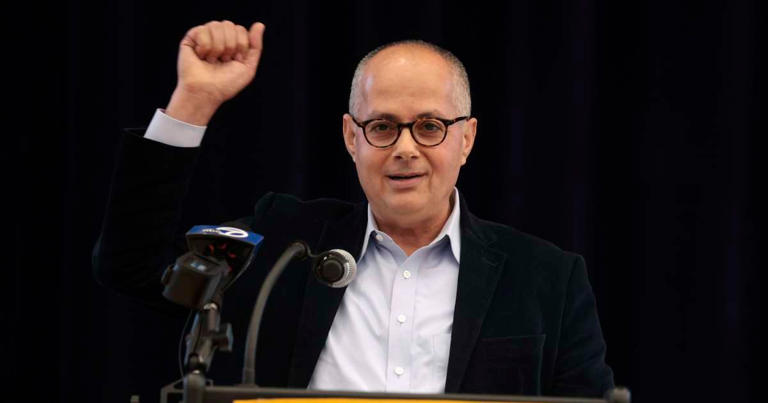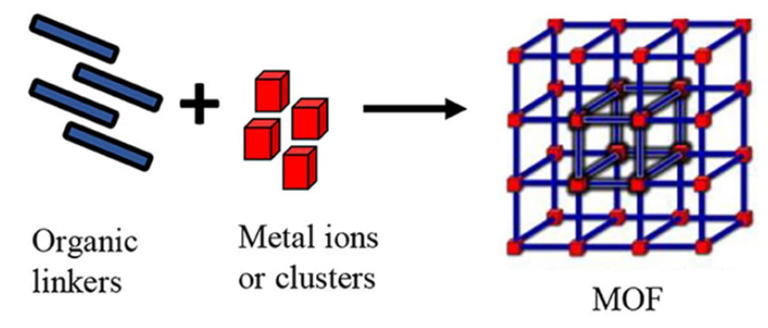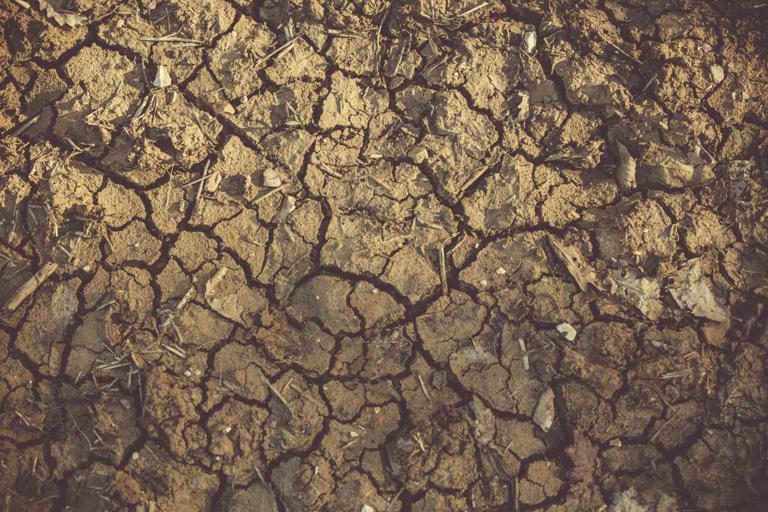Nobel Prize scientist says he's found a way to solve climate change
Story by Somdatta Maity
• 2h

Omar Yaghi, of UC Berkeley, won 2025 Nobel Prize in Chemistry along with 2 others. (Representative Cover Image Source: Getty Images | Photo by Justin Sullivan/Staff)
Global warming has been a cause of concern for many years. Many people believe that it is too hard to reverse this phenomenon. However, Nobel Prize-winning scientist Professor Omar Mwannes Yaghi thinks otherwise, according to Fortune. During his speech at Fortune's Global Forum in Riyadh, Saudi Arabia, he claimed that they are not too late in this pursuit. All they need is for humanity to address this issue collectively. "I think that once society decides that there's a problem, we will get to work and those problems can be solved," Yaghi added. Yaghi is a UC Berkeley professor, also known as the inventor of reticular chemistry.

General structure of Metal-organic frameworks (Representative Image Source: Pexels | Photo by Russo V, Hmoudah M, Broccoli F, Iesce MR, Jung O-S and Di Serio M (2020))
Yaghi's noble endeavorYaghi, along with Susumu Kitagawa and Richard Robson, has won the 2025 Nobel Prize in Chemistry for developing metal-organic frameworks (MOFs). Yaghi believes that developments like these, and scientists like him, are key to solving the problem of climate change. "All these technological problems, once we decide, once we have the will to fix those problems, solutions emerge just like the solution that just received the Nobel Prize," Yaghi added. Through their development, the team has extracted water from desert air in Arizona. Yaghi shared that the MOFs they developed are already capturing carbon dioxide from flue gas or cement plants. If this carbon dioxide had gone into the atmosphere, global warming would have been elevated.

Water Drop (Representative Image Source: Pexels | Photo by Pixabay)
Yaghi further shared that the water produced after absorbing carbon dioxide came with the energy from ambient sunlight and waste heat. The clean water will also not be a nuisance and will serve multiple functions. "So these are energetically very favorable conditions, and the water that is delivered is ultra clean and has no contamination in it whatsoever. It's drinkable after it's mineralized, but also could be used for agriculture, for household use, for hygiene, and it's just water that is produced every day—clean, clean water," Yaghi explained.

Withered Ground (Representative Image Source: Pexels | Photo by James Frid)
Commercialization of his technologyYaghi's startup is on the verge of commercializing this technology, which promises to efficiently produce water in a world that is swiftly becoming arid, according to the Los Angeles Times. His startup, named Atoco, founded in 2020, plans to take orders for the technology by the second half of 2026 and will target data centers. The fact that these MOFs are not running on electricity, and just natural agents, like ambient sunlight or waste heat, enhances their appeal.


MOFs are small structures composed of metal and organic molecules, filled with porous cavities. Atoco's MOFs will be built from materials that will enable it to absorb molecules like H2O or CO2 from the atmosphere. At present, the company is preparing to exhibit a prototype capable of producing 53 gallons of water daily. The commercial version would be the size of a shipping container and generate 265 gallons of water daily.

Close Up Photography of Water Flow (Representative Image Source: Pexels | Photo by Hilary Halliwell)
Technology's impact on the worldThe United Nations claims that half of the world's population experiences water scarcity. The effects of climate change, like heatwaves and droughts, are also exacerbating water shortages worldwide. Technologies like MOFs can solve this water crisis. The scientists claim that they are very close to ensuring water independence for everybody, according to The Wall Street Journal. "We've tested the prototypes in Death Valley," Yaghi said. "They pull water from thin air. It's the purest water you can get." It can also solve the carbon crisis by removing CO2 from the atmosphere. Experts are aware that carbon's increasing presence in the atmosphere is damaging it. This equipment can significantly bring down the amount. |









